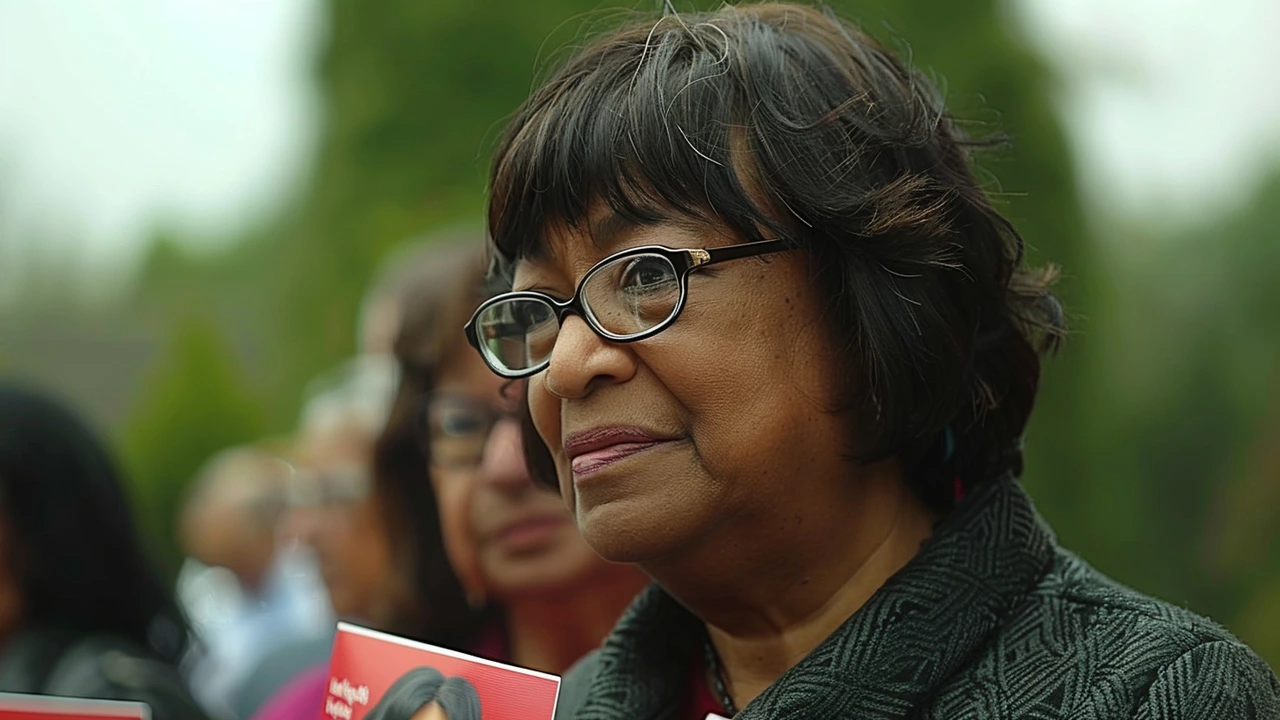Labour MPs Furious Over Diane Abbott's Treatment Ahead of General Election
When Diane Abbott, the first Black woman MP, landed in hot water over her remarks on racism, the reaction inside Labour blew up. Front‑benchers didn’t just voice concern – they sounded outright anger about how the party handled the whole episode.
Abbott’s comments sparked a wave of criticism on social media and in the press. The party responded by launching an internal inquiry and sending her to an antisemitism course. While those steps sound like a typical damage‑control move, they didn’t stop the fallout. Abbott was ultimately barred from standing in the upcoming general election, a decision that left many Labour MPs fuming.
Why MPs Are Livid
Several Labour front‑benchers have called the move “unfair” and “politically motivated.” They argue the party is using the controversy to sideline a high‑profile figure rather than addressing the underlying issue of racism in politics. Some say the inquiry was a rush job, lacking transparency, and that the antisemitism course felt like a token gesture.
Another point of anger is the timing. With the election only months away, MPs worry that sidelining Abbott sends a signal that the party can’t tolerate internal dissent. They fear voters will see this as a sign of division and weakness, which could hurt Labour’s chances at the polls.
What This Means for the Election
The episode adds another layer of complexity to an already charged election season. Voters who care about representation and diversity might view the party’s actions as a step backward. On the flip side, opponents could use the story to paint Labour as a party that silences its own members.
For Abbott herself, the ban means she won’t be on the ballot, but the controversy is far from over. She’s likely to stay in the public eye, pushing back against the decision and reminding supporters why she’s been a vocal figure for Black communities in Parliament.
Overall, the situation highlights a tension within Labour: balancing the need to address misconduct while preserving the inclusive image many supporters want. How the party navigates this will shape not just the election outcome but also its long‑term credibility on issues of race and equality.
If you follow UK politics, keep an eye on how Labour frames the story in the coming weeks. The narrative they choose could either calm the storm or fan the flames, and it will definitely impact voter sentiment as the campaign ramps up.
Labour front benchers express outrage over the party's handling of Diane Abbott, the first Black woman MP, after she faced backlash for comments on racism. Despite completing an inquiry and an antisemitism course, she is barred from running in the upcoming general election, further straining relations within the party.
